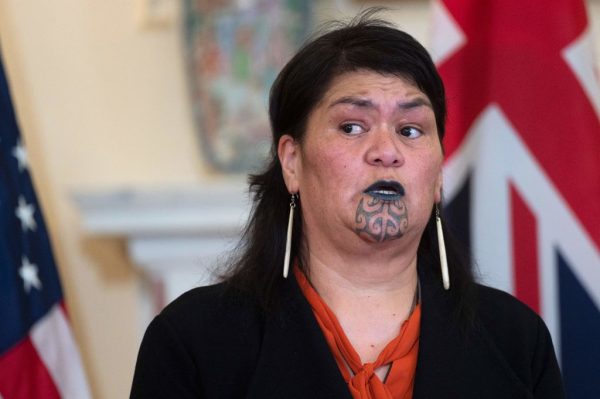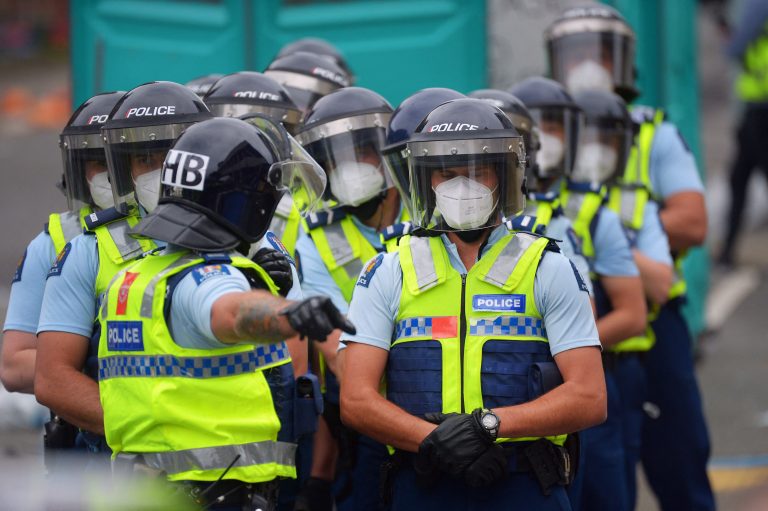In a 3-2 decision on Wednesday, New Zealand’s top court ruled to extradite a man accused of murder back to China, which if upheld will mark the first time the island nation has sent a resident to face trial in China.
The accused Kyung Yup Kim, or Jin Jingye according to the Mandarin reading of his name, is a South Korean-born resident of New Zealand.
He is accused of killing a 20-year-old waitress and sex worker, Peiyun Chen, in Shanghai in 2009 and was arrested in 2011 after China requested New Zealand extradite him to face charges for the killing.
Since New Zealand did not have an extradition agreement with China, the request was made on an ad-hoc basis, which is not uncommon for nations to do.
Opponents to the ruling say that Kim faces abuse under the Chinese judicial system — that some say has a conviction rate over 99 percent — however the New Zealand government says they have received “assurances” that Kim will be treated humanely.
Success
You are now signed up for our newsletter
Success
Check your email to complete sign up
The assurances include a promise that Kim would “not be at risk of torture or of an unfair trial if he were extradited,” and includes a guarantee that he would be tried in Shanghai and permitted visits throughout the investigation at least every 48 hours, Supchina reported.
New Zealand’s Foreign Minister, Nanaia Mahuta, says she believes China’s assurances.

Kim’s Lawyer, Tony Ellis, said the New Zealand government was “deluded” if they thought the diplomatic assurances received from China would protect Mr. Kim from receiving poor treatment in Chinese custody.
Sophie Richardson, China Director for Human Rights Watch, blasted the decision to extradite the man in a tweet saying, “New Zealand’s acceptance of #China govt ‘diplomatic assurances’ is a disastrous error in judgement.”
In another tweet Richardson said, “[Mr.] Kim’s case stems from a terrible injustice – an unsolved murder – in China. But there is no reason for New Zealand to compound injustice and set this deeply disturbing precedent.”
Co-founder of rights group Safeguard Defenders, Michael Caster, said the ruling set a political precedent that would encourage other governments to believe China’s diplomatic assurances and extradite non-Chinese nationals to China.
Following the decision, Kim’s lawyer argued that his client could be subjected to undetectable forms of torture.
“Torture is systemic in the Chinese system… and it’s now shifted to a new form of torture which no amount of diplomatic assurances can safeguard against,” Ellis told the BBC adding that he had written New Zealand’s justice minister in a bid to stop the extradition.
Mahuta said in court documents that China considered Kim’s case an important “test case” for future extradition requests and that the attention Kim’s case is receiving would preclude authorities from mistreating him adding that her country and China had “a strong common interest” in “effective law enforcement co-operation.”
Further to this, she said that her government recognized other disturbing cases of foreign nationals being detained in China, including Australian and Canadian nationals, but believed that Kim faced a lower risk because his case was “non-political” and wasn’t mired in “broader bilateral issues.”
Most Western nations, including New Zealand do not have an extradition treaty with China. In 2020 New Zealand suspended an extradition agreement it had with Hong Kong over fears of China’s expanding legal influence on the city.
















